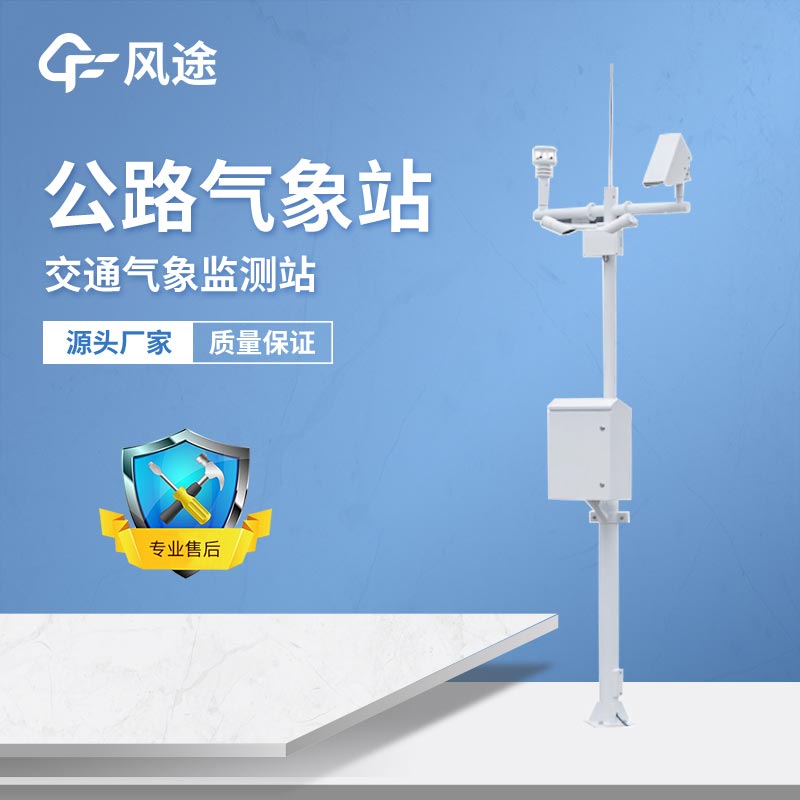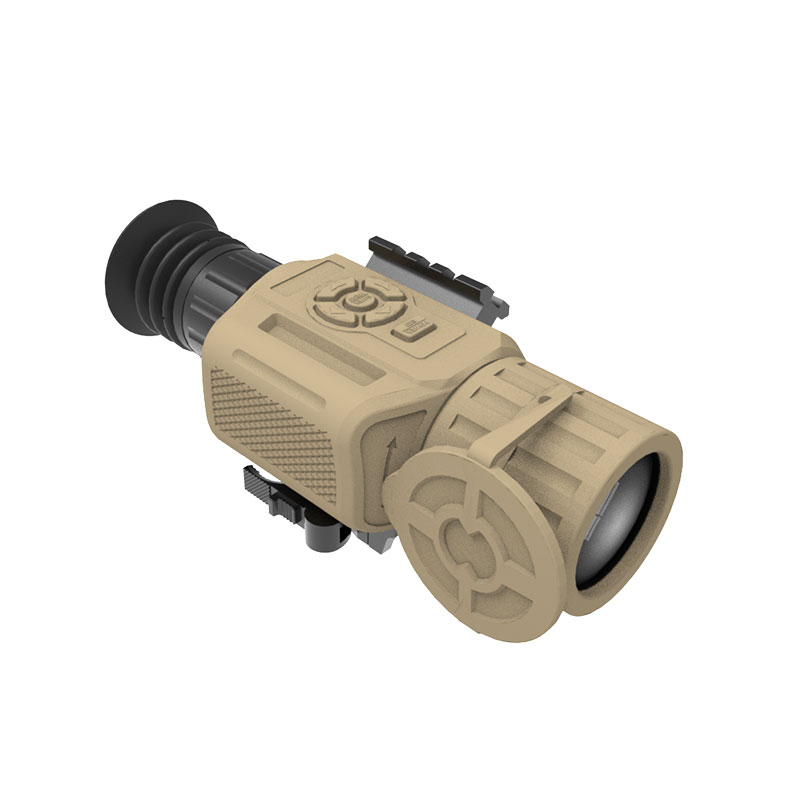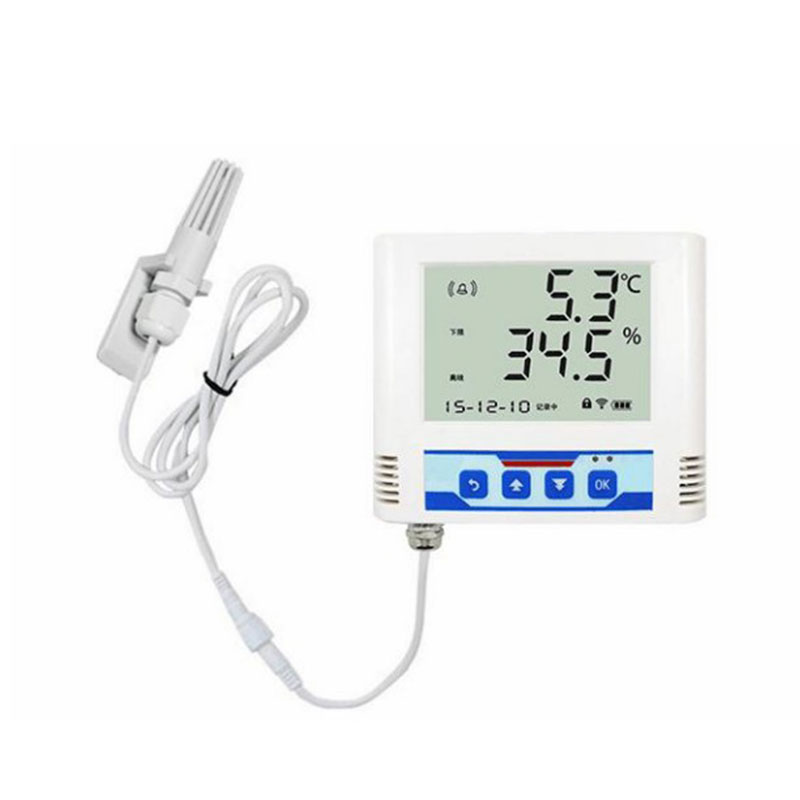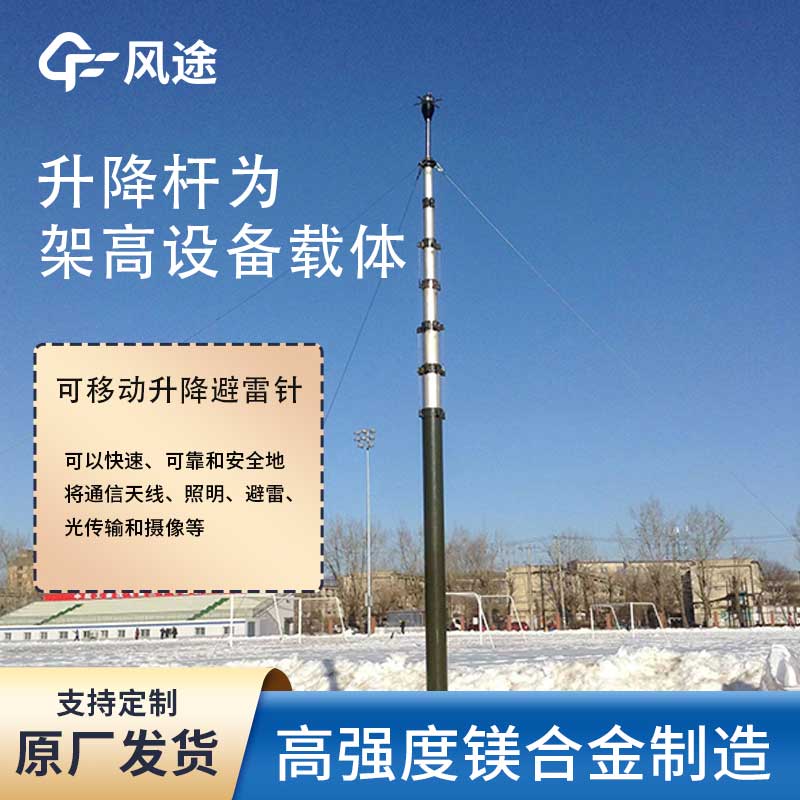Product
Recommended article
- One - Stop Dust Monitoring Solution
- How Forestry Weather Stations Bolster Forest Fire Prevention Efforts
- Discover the Power of Negative Oxygen Ion Monitoring System for Cleaner Air
- Comparative Analysis of Ultrasonic and Automatic Weather Stations in Meteorological Monitoring
- Breaking Through the ‘Last Meter’ with Online Dust Monitoring System
- Mastering Road Conditions with Road Weather Station
Contact us
Shandong Fengtu IOT Technology Co., Ltd
Sales Manager:Ms. Emily Wang
Cel,Whatsapp,Wechat:+86 15898932201
Email:info@fengtutec.com
Add:No. 155 Optoelectronic Industry Accelerator, Gaoxin District, Weifang, Shandong, China
Enhancing Traffic Safety with the Road Weather Information System
Article source:Weather station time:2024-09-06 09:13:49 viewed:15times
With the rapid expansion of the highway network, the challenges that come with it are also increasing. The frequency and intensity of extreme weather events such as typhoons and heavy rains are rising year by year, posing a serious threat to traffic safety and leading to a continuous increase in the incidence of traffic accidents. Therefore, how to effectively reduce traffic safety accidents caused by adverse meteorological conditions under the framework of intelligent transportation systems has become an urgent problem to be solved.
The Road Weather Information System is designed to provide real-time and accurate meteorological information for traffic safety and efficiency. This system can monitor traffic meteorological and environmental elements in real-time through intelligent sensor technology, information collection technology, communication technology, and early warning release technology. These data are transmitted to remote traffic integrated management platforms, mobile phone users, early warning information screens, etc., via wireless IoT technologies such as 4G/5G, NB-IoT, LoRa, etc., ensuring timely delivery and extensive coverage of information.
The Road Weather Information System typically includes several parts: road meteorological stations, intelligent control devices, video monitoring, and cloud platforms. These devices and systems can monitor weather conditions on the road in real-time, such as wind speed, wind direction, rainfall, etc., and transmit the data to remote monitoring centers. In this way, highway management departments and drivers can receive timely meteorological information to help ensure driving safety.
Meteorological stations can also conduct in-depth analysis of meteorological data closely related to transportation, build problem diagnosis models, and thus enhance the capabilities of traffic management departments in resource allocation, public decision-making, and public services.

This paper addresses:https://www.yf182.com/industry/486.html
Related products
Related article
-
What is a small automatic weather station device?
2024-05-20 -
Classification of automated weather stations
2024-02-19 -
Road condition monitoring stations for road safety
2024-06-03 -
Fengtu Dust Detector: An Effective Tool for Dust pollution control
2024-12-30 -
Car Vehicle Mounted Auto Weather: Your Precision Weather Companion for Sports Events
2024-10-16 -
Negative Oxygen Ion Monitoring Equipment Visualising Current Negative Ion Levels
2024-04-11 -
Sensors, the sensing equipment of a weather station system
2024-06-14 -
Introduction to forest security monitoring systems
2024-04-12










